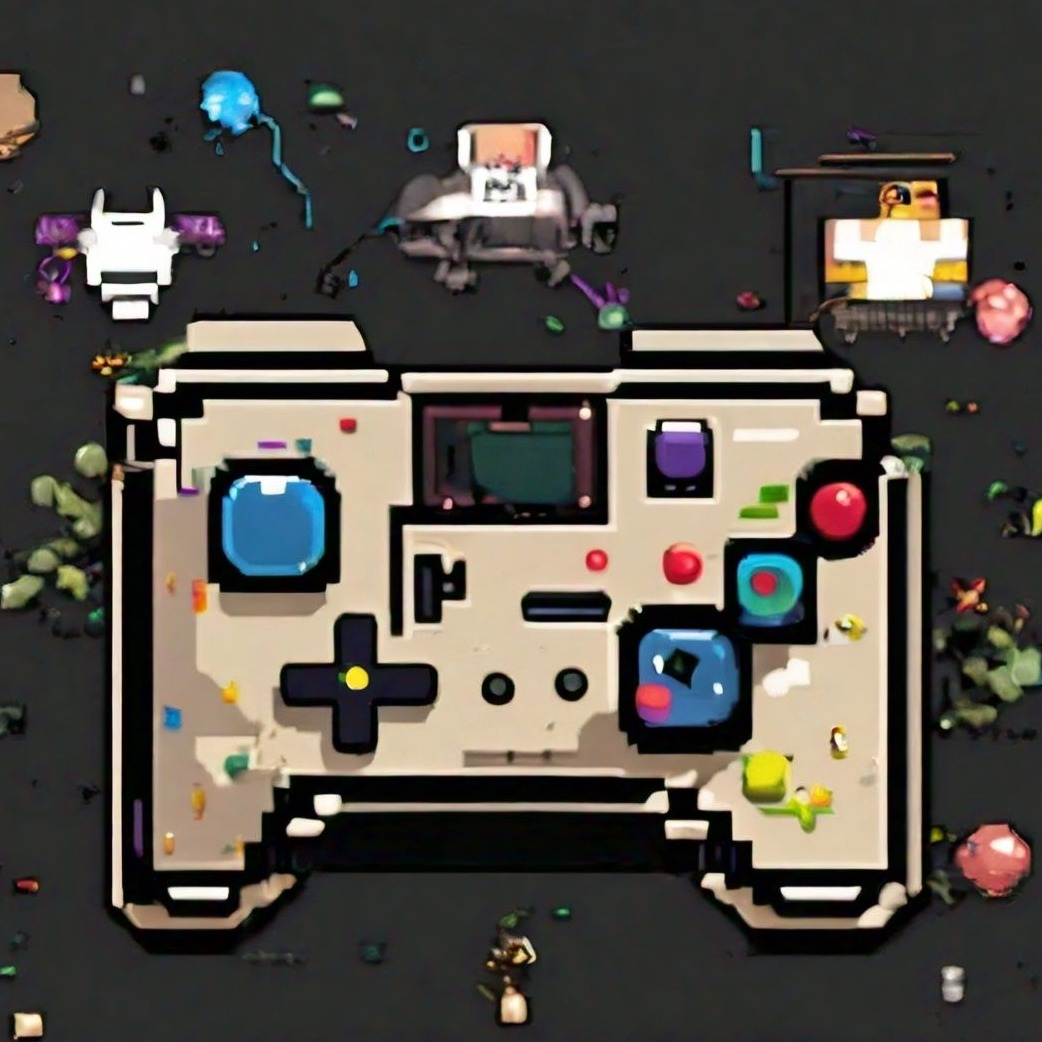369 reads
IntelliGame in Action: Gamifying JavaScript Unit Tests - Conclusions, and References
by
April 4th, 2024
Audio Presented by

Gamifications unlocks engagement secrets, merging playful design and tech to turn the ordinary into the extraordinary.
Story's Credibility

About Author
Gamifications unlocks engagement secrets, merging playful design and tech to turn the ordinary into the extraordinary.
Comments
TOPICS
THIS ARTICLE WAS FEATURED IN
Related Stories
Anatomy of a strong ICO
Feb 16, 2018
Anatomy of a strong ICO
Feb 16, 2018
